The last few months have been a godsend for the Labour party. Ten points ahead in the polls, with the Tories mired in the sleaze, its members now get to watch Rishi Sunak and Liz Truss slug it out all summer. Not for nothing then has Sir Keir Starmer sought to grasp the mantle of change and portray his party as the sensible, sober party of government, which will restore integrity to British politics.
But is that really fair? Just this morning on Radio 4’s Today programme, Starmer was asked by Nick Robinson about the ‘ten pledges’ on which he ran to be Labour leader in April 2020. Robinson accused Starmer of abandoning his pledge to ‘stand shoulder to shoulder’ with trade unions by refusing to back MPs picketing in solidarity and then asked about the nationalisation of rail, energy and water industries. Rachel Reeves dismissed this yesterday yet, as Robinson pointed out, point number five of Starmer’s ‘ten pledges’ was:
Public services should be in public hands, not making profits for shareholders. Support common ownership of rail, mail, energy and water; end outsourcing in our NHS, local government and justice system.
Starmer replied to Robinson that:
A lot has happened in the last two years. We’ve been through Covid, we have debt on a scale that we’ve not seen for a long, long time, if ever before and we have to go into the next election, making choices… we have to say “We will do X because we can afford it but we might not be able to do Y” and to be open and transparent about it.
Open and transparent? Robinson asked whether that meant ‘There are things that you promised when you ran for leader that because of changed circumstances, you are now not promising.’ Sir Keir replied:
Yes Nick, the financial situation has changed. The debt situation has changed.
It’s worth noting that Starmer himself made much capital last September when the Tories cited Covid as a reason to break their own ‘no tax rises’ pledge. More significant perhaps is Starmer’s apparent ease at abandoning swathes of the policy platform on which ran on less than two-and-a-half years ago. Whether it’s increasing income tax for the top five per cent, scrapping Universal Credit or the abolition of tuition fees, there are a whole range of issues on which Starmer has just not kept his word.
Mr S holds no candle for the left of the Labour party or the aforementioned policies. But they were the policies on which he was elected and his supporters have every right to feel cheated. He campaigned as a Corbyn-lite and called his predecessor ‘a colleague and a friend’ but his actions since taking office suggest that this was never the case. Such Machiavellian maneuverings might be justified by the Peter Mandelsons of this world as a necessary sacrifice to make Labour electable again. But how does that square with Starmer’s new-found insistence on ‘improving trust’ in politicians?
It’s not the first time of course that Starmer’s integrity has come into doubt. As Jeremy Corbyn’s chief spokesman on Brexit, Sir Keir spent years ducking and equivocating on Labour’s stance on a second referendum. Despite him pledging just days before the 2017 election to accept the verdict of the 2016 plebiscite ‘from a position of principle’, he ended up being one of the party’s biggest advocates in the shadow cabinet for a so-called ‘People’s Vote’.
He backtracked on Brexit, he U-turned on Corbyn. He’s broken many of the ten pledges on which he was elected. Why on earth should we trust him to run the country?
Got something to add? Join the discussion and comment below.
Get 10 issues for just $10
Subscribe to The Spectator Australia today for the next 10 magazine issues, plus full online access, for just $10.


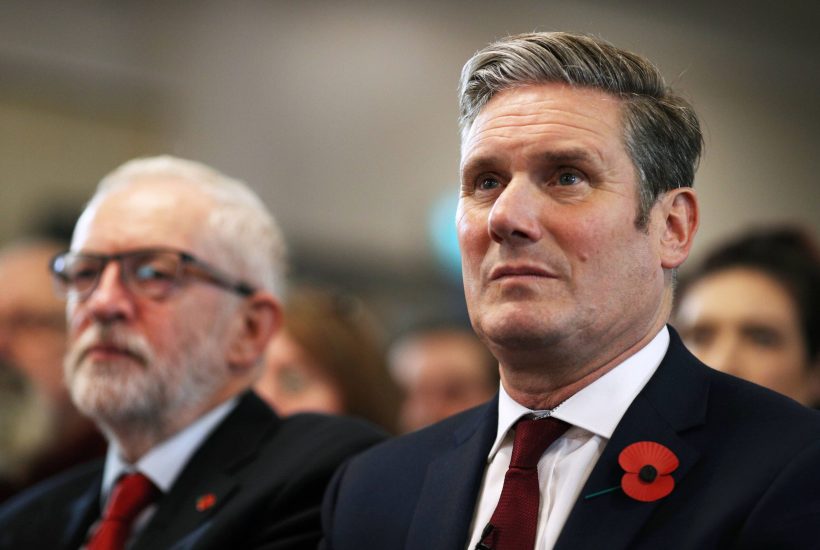
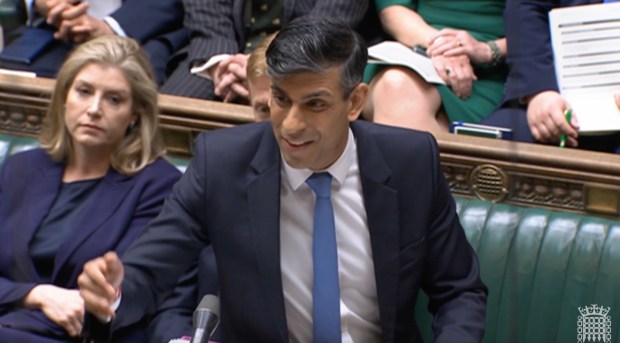
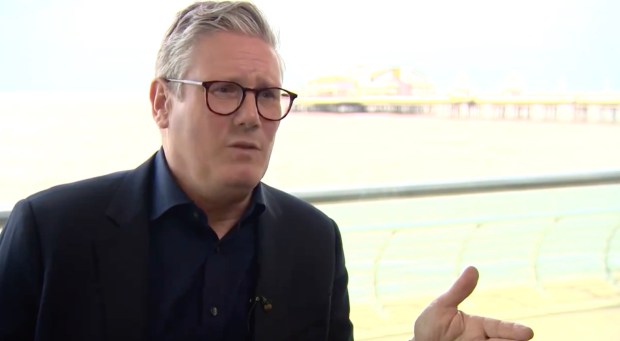

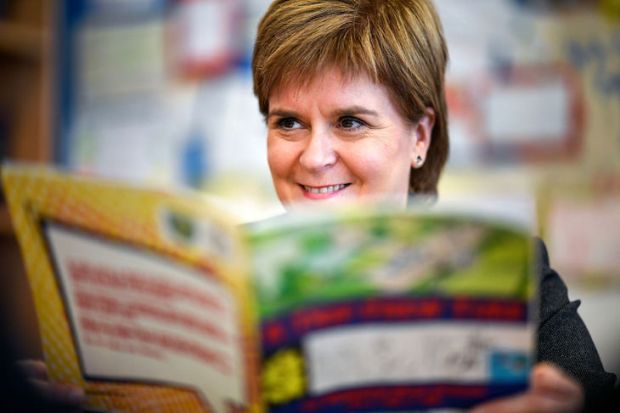
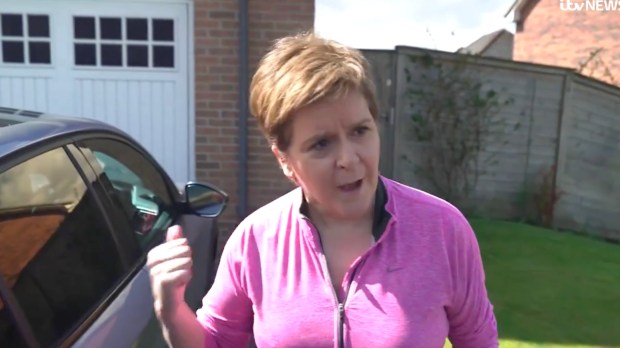
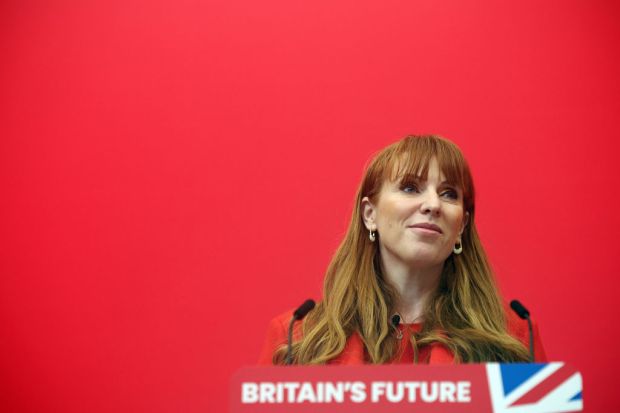












Comments
Don't miss out
Join the conversation with other Spectator Australia readers. Subscribe to leave a comment.
SUBSCRIBEAlready a subscriber? Log in